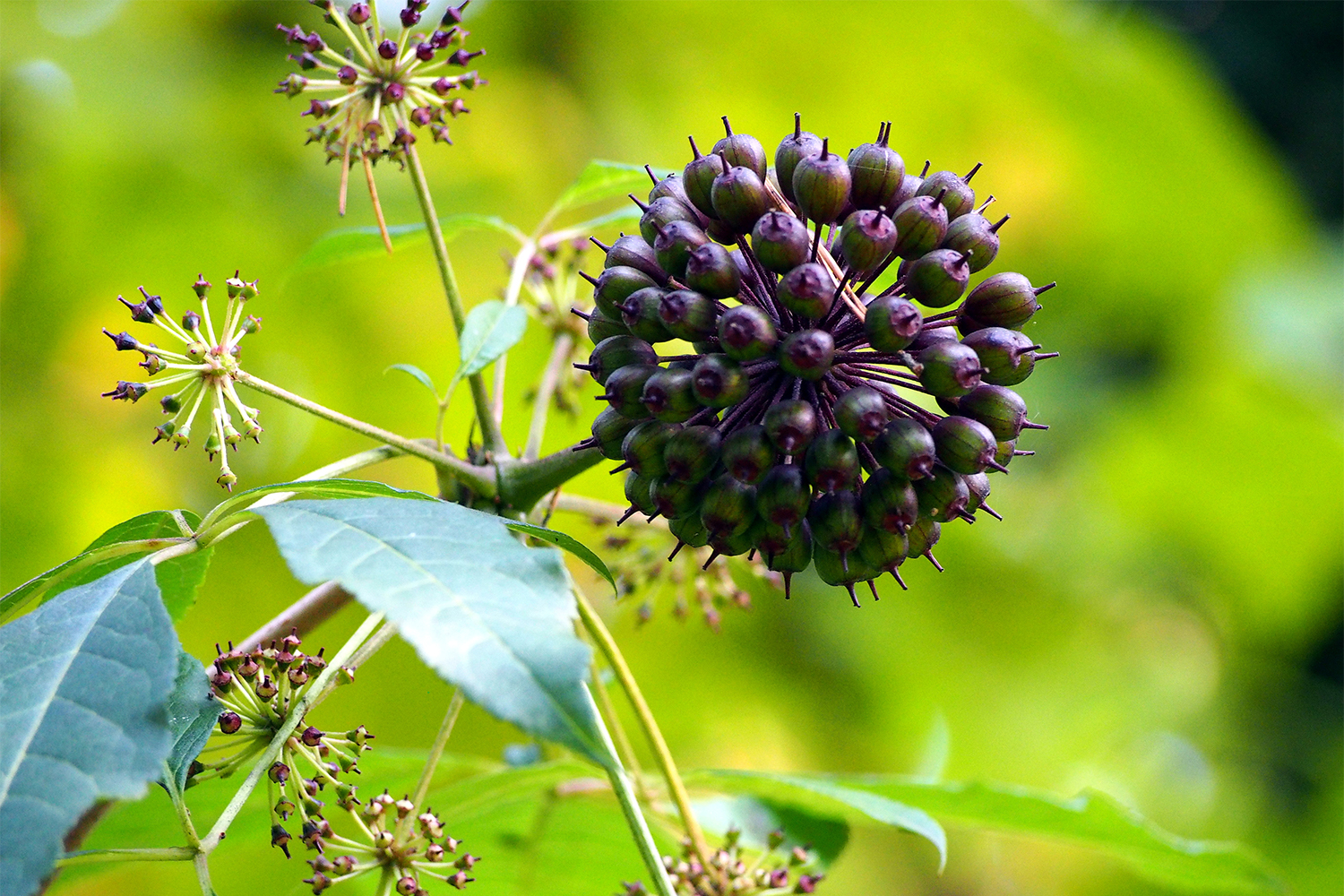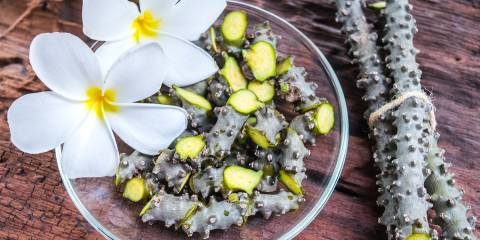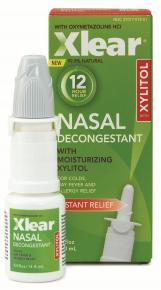Eleuthero (Eleutherococcus senticosus, Acanthopanax senticosus) was once referred to as Siberian ginseng as part of a marketing technique to associate a lesser-known product with popular one. Pronounced e-lou-thro, this herb is not a true ginseng, but rather a second cousin. However, it has many wellness-boosting properties similar to those of American and Asian ginsengs, and this adaptogenic herb has been the subject of a significant amount of research. Eleuthero is also less expensive, easier to grow, and more sustainable than true ginsengs.
A Healthful History
Native to Northeast Asia, eleuthero is a deciduous thorny perennial shrub. Preferring humid mountain conditions, it grows wild and in abundance in the southeast regions of Russia and in Korea, northeast China, and Japan. Tribal peoples of Siberia and the Chinese have used eleuthero for more than 4,000 years. An ancient Chinese proverb goes, “I would rather take a handful of eleuthero than a cartload of gold and jewels.” In the frigid regions of China, Russia, and Japan, reindeer— symbols of strength and endurance—consume this plant. In the 1940s, scientists in Russia began to study eleuthero in earnest.
Popular use of this herb for physical and mental stress, fatigue, and concentration spread from Russia to other European countries and finally to the U.S. Since 1962, Russian cosmonauts have received eleuthero rations to help acclimate to weightlessness and living in space. Athletes, deep-sea divers, rescue workers, and explorers have all turned to it for nourishment in body and mind.
How Does It Work?
The root, root bark, and—to a lesser degree—the leaves are prized for their analgesic, anti-inflammatory, antioxidant, aphrodisiac, and immune-supportive or tonic effects. Over the past forty years, more than 1,000 studies have indicated that eleuthero shares many therapeutic properties with the Panax ginsengs. Like ginseng, this herb is considered an adaptogen, meaning it helps the body adjust to stressful situations. This category of tonic herb (which also includes ashwagandha and medicinal mushrooms) exerts a normalizing and balancing influence with regular use. Since eleuthero’s effects are gradual, look for improvements after several weeks or months of use.
Eleutherosides in this plant are considered the active ingredients. Eleuthero nourishes the adrenals, glands that regulate key hormones in the body. It increases activity and amounts of white blood cells, and enhances thymus gland function. Regular use appears to enhance endurance and help improve mood, work productivity, and accuracy. It enhances oxygen metabolism in the muscles, may help strengthen bones and tendons, and appears to support healthy digestion. As with many adaptogens, this herb is better suited to preventing than healing illness. Herbalists may suggest eleuthero for athletic recovery, support during chemotherapy and radiation, cold and flu prevention, depression, erectile dysfunction, fatigue, or generalized stress. It is known in some healing traditions as a sweet, bitter, pungent, warming, and dry herb.
Dosage and Cautions
Unless otherwise directed, adults typically take two to three grams of dried eleuthero daily or two to eight mL of a 1:2 liquid extract. For capsules or tablets, follow label instructions. Experts suggest that healthy individuals take this adaptogenic herb for six weeks followed by a two-week break. Repeat as desired. Although no serious side effects are recorded, eleuthero is not recommended for use during acute infections. In rare cases, eleuthero may cause diarrhea or lead to elevated blood pressure. Anyone with a bleeding disorder or who takes an anticlotting medication (such as warfarin) is cautioned to avoid this herbal supplement. Taking eleuthero too close to bedtime may interfere with sleep.





